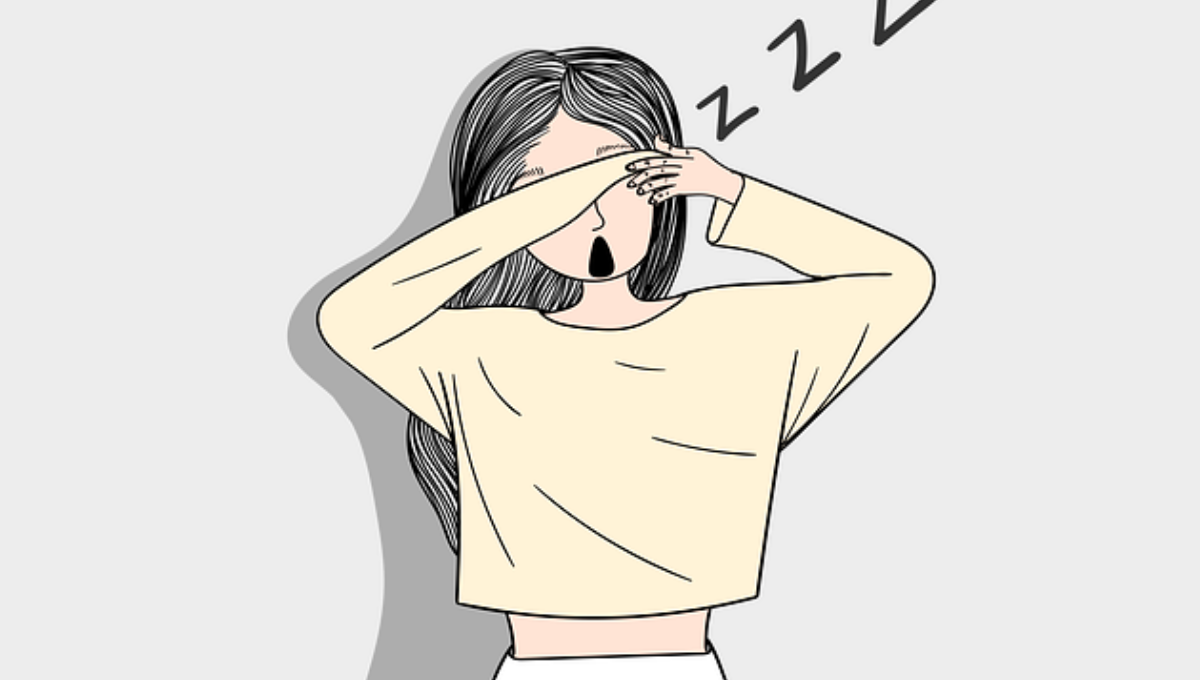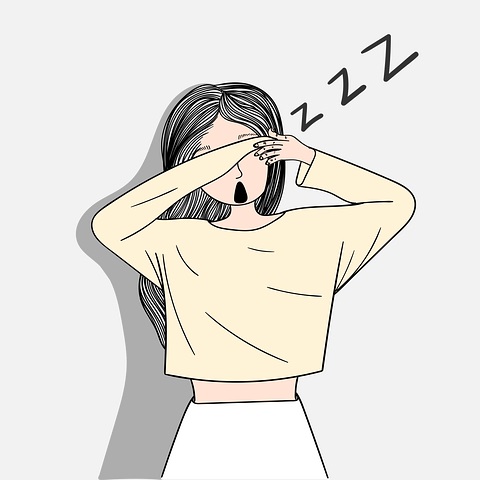Meet Malikah, an 18-year-old woman who has been struggling with insomnia for as long as she can remember. At first, she thought her inability to sleep was caused by anxiety, which various situations would induce. Whether it was an upcoming interview or exam or simply replaying an embarrassing conversation in her head, Malikah found herself in a vicious cycle of anxiety-induced insomnia. However, she still had difficulty falling asleep even when she felt relaxed, had a good day, and did everything right. “Even on nights I finally fell asleep, I found myself up between 3 am-6 am making me feel exhausted 24/7”, Malikah shared.
“After months of struggling, I finally decided to see a doctor,” Malikah continued. “Unfortunately, I still felt like I was on my own.” She was told to try melatonin and make some dietary changes which did not help Malikah sleep. She was also worried about starting sleeping pills at this stage because she didn’t want to become dependent so early on. Typical sleep tips and improving sleep hygiene did not help Malikah, as her sleep issues had become more chronic and ended up causing more anxiety. Malikah states, “I wanted a long-term solution to improve my quality of life.”
“I wanted a long-term solution to improve my quality of life.”
So, she decided to try naturopathic medicine, which was one of the best decisions she made for herself. Malikah began seeing a naturopathic doctor, and together, they discussed her lifestyle, health concerns, and blood test results. Malikah learned that her cortisol was not functioning correctly. She was also diagnosed with insulin resistance and polycystic ovary syndrome (PCOS), resulting in irregular period cycles and hormone changes. All of these things contributed to her trouble sleeping.
Although it was a lot to take in, Malikah felt relieved because she knew the root cause of her problems and could work with her new doctor to devise a treatment plan. “Although this was a lot to take in, I felt a weight lifted off my shoulders because I could start working on solutions that helped.” While she still struggles with insomnia quite often, she is glad the work to improve her sleep quality is finally getting better and slowly improving her quality of life.
“Although this was a lot to take in, I felt a weight lifted off my shoulders because I could start working on solutions that helped.”
Malikah advises others struggling with long-term insomnia to seek help from their family doctor, a naturopathic doctor, or a psychiatrist. It’s important to get down to the root cause of the issue and not just mask it with drugs or short-term solutions. Malikah recommends trying breathing techniques, which can work to calm the mind and focus on something else even if you don’t suffer from anxiety-induced insomnia. “It’s essential to try various techniques and find the ones that work best for you.”
Malikah’s story shows that multiple factors can cause insomnia, and it’s essential to seek help from trusted professionals to get down to the root cause of the issue. It may take time to find a solution, but the effort is well worth it.





Leave a Comment